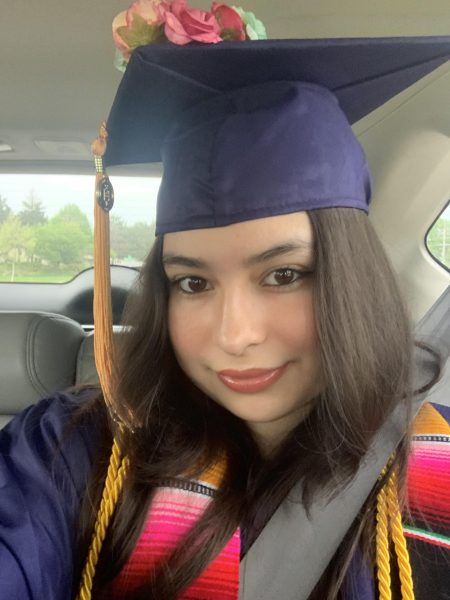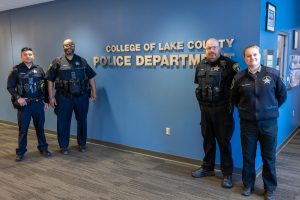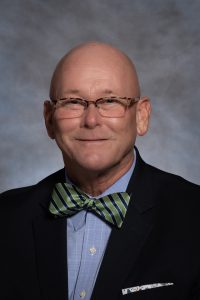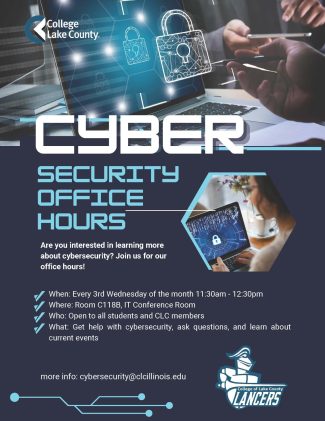Rookie Ranks High in State Debate Tournament
March 28, 2023
Despite a lack of prior experience, Ayaan Kazi is an honors student who finished as a quarter-finalist in the Intercollegiate Forensic Association State Tournament. Kazi was put into varsity as a new member and proved himself to be worthy of the position.
Kazi is currently working towards his associate’s degree in information technology at CLC and intends on double majoring in data science and public policy. He is also in the pre-law track and aspires to become a legislator.
Throughout his time at CLC, Kazi has become a leader within the community. He is currently the secretary of the Student Government Association, where he is working on the legacy project. This project consists of distributing surveys to the student body for the purpose of improving future CLC students’ quality of life. Kazi is also one of the founding members of the newly formed club, Digital Media and Design, and a crucial part of the debate team.
Although Kazi was initially intimidated by joining the debate team having no prior experience, he still joined in hopes of improving his public speaking skills. He felt that the debate team would help him gain an insightful experience that would better equip him for law school.
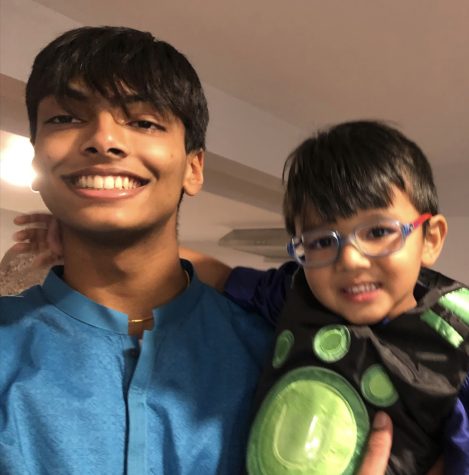
Furthermore, the debate team has helped Kazi with his argumentation skills and his ability to improvise. The debate team has helped facilitate Kazi’s growth by uncovering his strengths and his weaknesses. Kazi recognizes how he felt that he failed to do more research in his last round and how at times he is too sure of himself, however, he is actively revamping himself for the future.
Kazi emphasizes the importance of knowing the different forms of debate and how to argue for each one. For instance, one of the debates was based on values and the topic was movie theatres vs. streaming at home. Kazi connected his arguments to his own personal values by stating how movie theatres are better in the sense that they could be a positive outlet for kids to turn to instead of crime and shed light on the importance of community.
Additionally, Kazi shed light on the many misconceptions of debate such as the need to be condescending. Kazi argues that debate is not about attacking your opponent, but their points.“Debate is impersonal because it’s randomized whether you are to be on the affirmative side or the negative position,” he said.
According to Kazi, being a good debater means knowing the significance of having evidence beforehand. He explained how in the world of debate it’s important to know when to use logic and anecdotes to your advantage.
Kazi’s tactics for persuading an audience is not only applying data but also connecting his arguments back to relatable anecdotes. One of the debate topics was how the traditional workplace is a relic of the past. He spoke about how demoralizing remote jobs are and how impersonal they feel because of the lack of face-to-face communication. He knew the judges would understand because of the effects of the pandemic on their jobs.
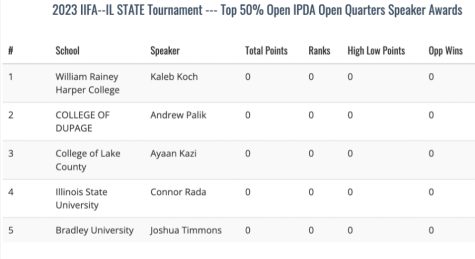
When asked if he was nervous, Kazi affirmed that he was so focused on preparing for the debate that he didn’t even have time to be nervous, but he also made sure to get enough rest and food for the big day.
Kazi shared how his coach, Stephanie, played a key role in his success in the debate. They went over weighing mechanisms prior to the debate together. Kazi stated, “weighing mechanisms are essentially how you measure whether you will win the debate.”
Despite challenges such as losing his train of thought or not being able to focus, Kazi persevered. He mentioned how he felt that he won because his opponents were more focused on statistics whereas Kazi focused on convincing the judges through personal stories.
Kazi encourages those who want to join the debate team to make the leap. “Don’t feel like it’s too late. I was initially scared having no prior experience in high school, but the truth is you don’t need prior experiences to participate,” he said. Kazi excelled using his intuition and knows others can do the same.

